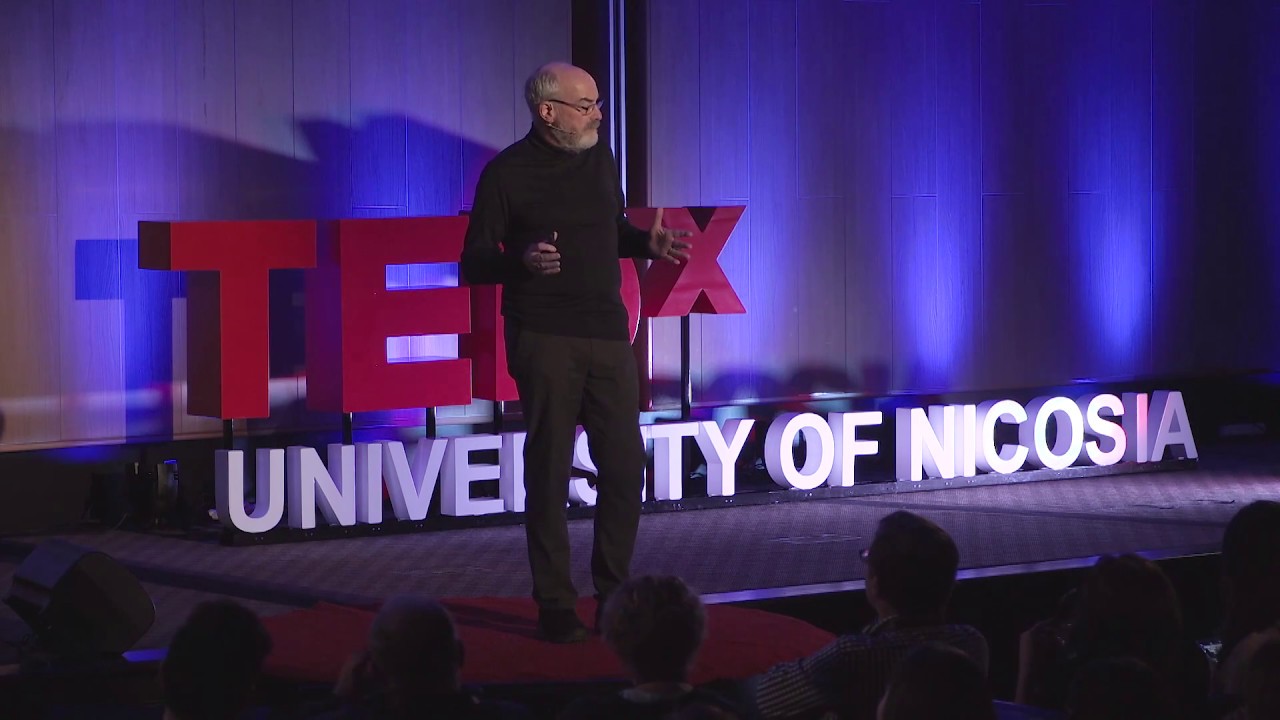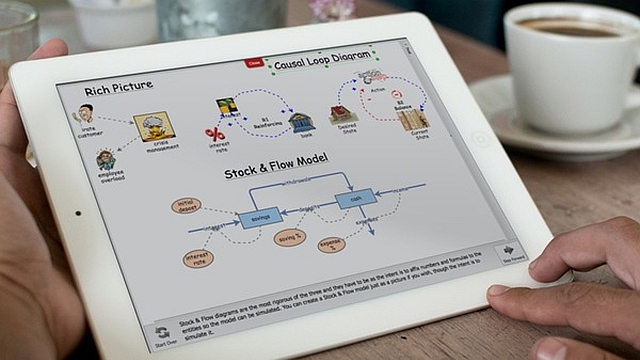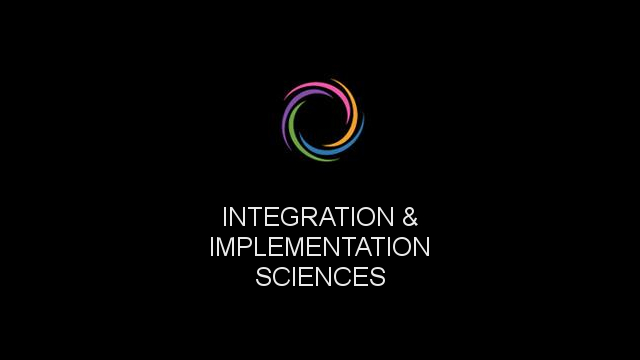
How to manage complex adaptive systems for real results
Dave Snowden’s work in complexity science is the spark that got me into knowledge management in the first place, and he continues to be a leading light in the correct way to manage complex adaptive systems as shown by his recent TedX talk. But if nothing else, every knowledge manager should take his advice to heart on how to deliver real results in organisations:
What [complex systems managers seek] is the emergence of beneficial coherence within attractors within boundaries. We manage the only three things that you can manage in a complex adaptive system: the boundary conditions, the probes, and the amplification strategy.
Management and governance is much simpler when you understand the nature of the system, and you stop trying to treat an ecosystem as if it was an engineering problem when it’s an ecological problem …
How do we change [systems]? A traditional change mechanism (and this is the engineering culture) would define a desired future state and try and close the gap. That’s bad complexity science … What we want to work out is where people are and see where they are ready to change. So [we capture stories] and look for what in complexity is called an adjacent possible; a cluster of narratives, a cluster of stories near to where I am but going in the right direction … don’t measure outcomes but direction and speed of travel for intensity of effort …
[We get everyone to think about a question that] can be understood by anybody at any educational level: “What can I do within the compass of my power to create more stories like this and fewer stories like that?” [We empower everyone to] nudge their systems in a direction appropriate to their context rather being subject to the tyranny of the average approach … start doing small things in the present, rather promising massive things in the future, because that just leaves perpetual disappointment.
Source: Complexity, citizen engagement in a Post-Social Media time, David Snowden, TEDxUniversityofNicosia





